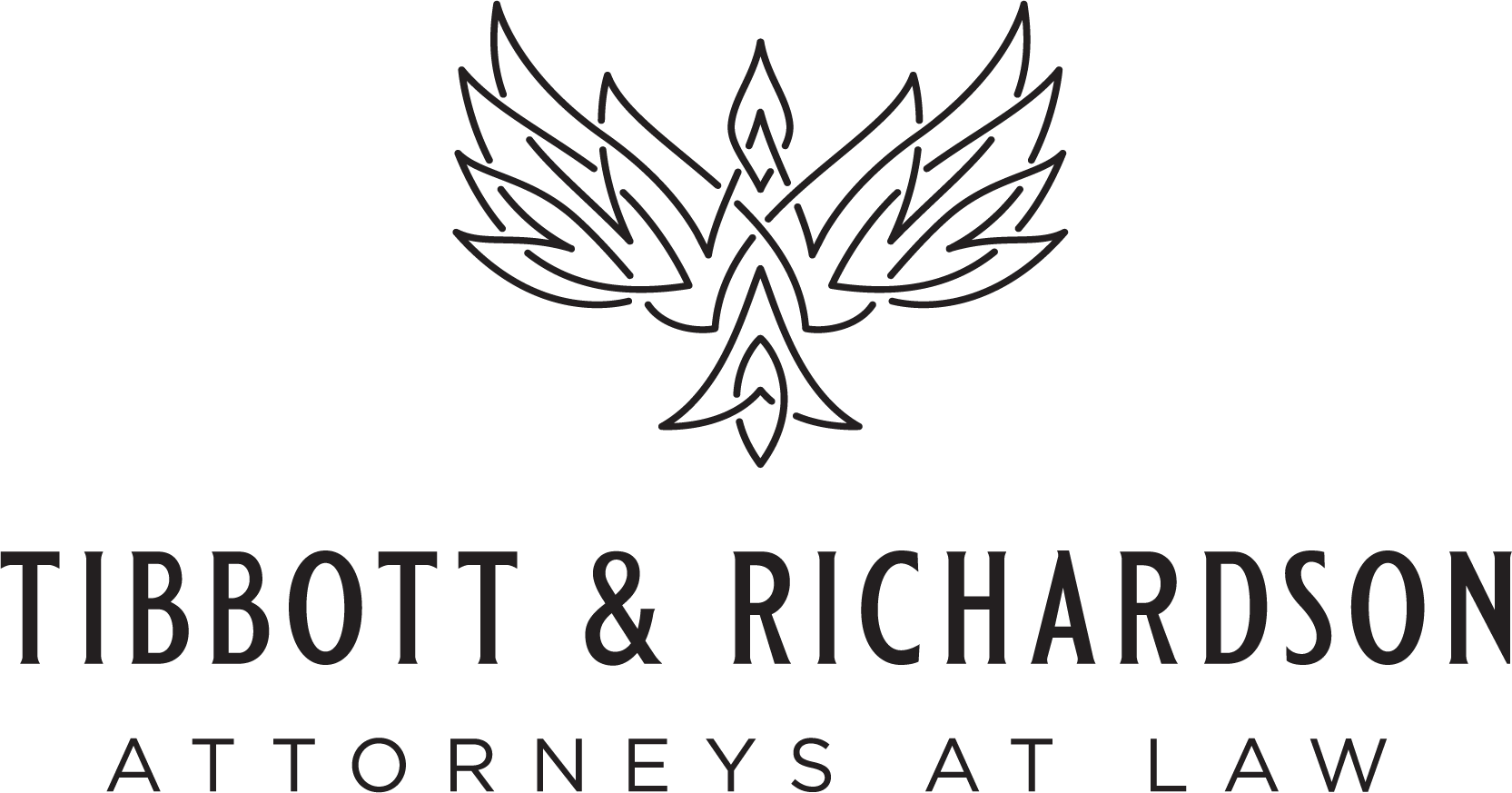Division of Assets
Division of Assets
Asset division during a divorce in Pennsylvania is a crucial aspect of the legal process. When a married couple decides to part ways, it often involves the division of marital property and possessions accumulated during their marriage. This guide will take you through an overview of process, showing how the court decides who gets what and the various factors influencing this decision.
Understanding Equitable Distribution
In Pennsylvania, the Court follows the principle of equitable distribution when it comes to dividing assets in a divorce. In other states, you may see that assets are split 50/50, that is not the case in Pennsylvania. The term “equitable” does not necessarily mean equal; instead, the Court strives for a fair distribution based on a thorough examination of various factors.
Factors Considered by the Court
To ensure a fair distribution, the Court takes into account several factors, each playing a crucial role in shaping the outcome:
- Length of the Marriage: The duration of the marriage is a pivotal factor. Longer marriages often involve more intertwined finances and shared assets, influencing the Court’s decision on the equitable distribution of these assets.
- Contributions to the Marriage: Both monetary and non-monetary contributions made by each spouse during the marriage are carefully assessed. This includes financial contributions, as well as contributions to homemaking and childcare.
- Earning Capacities: The court evaluates the income and earning potential of each spouse. This assessment aids in determining their financial needs and ability to support themselves independently post-divorce.
- Age and Health: The age and health of each spouse are taken into consideration. This is particularly important when contemplating future earning potential and addressing potential medical needs.
- Standard of Living: The court aims to maintain a standard of living for both spouses that is comparable to what they experienced during the marriage. This ensures that neither party faces an undue financial burden post-divorce. You must understand that although the court strives for this, it’s often not possible to maintain the same lifestyle, unless you are a high net-worth family. There is the same amount of money, with the addition of an extra household and the expenses associated with that. People often have a hard time coming to terms with how divorce affects their standard of living. That’s another reason it’s crucial to get a good attorney, so you do not waste your marital assets on unnecessary legal proceedings.
Marital Property vs. Separate Property
We must distinguish between marital and separate property during the asset division process. Marital property generally includes assets acquired during the marriage, while separate property typically encompasses what each spouse owned before the marriage or acquired through inheritance or gifts.
BUSINESSES – If one spouse owns a business, this makes the distribution of assets much more complex. There are financial and tax implications that do not exist otherwise. A business valuation, forensic accounting, and forecasting may be involved, whereas that is not the case with spouses who do not own a business. Even if your spouse is not an “owner” of the business, they may still be entitled to some part of it.
The Process Unveiled
- Inventory of Assets: The first step in the asset division process involves creating a comprehensive inventory of all assets. This encompasses real estate, bank accounts, investments, personal property, and any other relevant holdings.
- Valuation of Assets: Following the inventory, the Court proceeds to determine the value of each asset. While certain assets may have straightforward valuations, others, such as real estate or valuable possessions, may require professional appraisals. If we are trying to avoid going to court or through litigation, we can enlist the guidance of experts to help with valuation.
- Categorization of Property: Once valued, assets are categorized as either marital or separate property. This classification is fundamental in establishing the basis for equitable distribution.
- Equitable Distribution in Practice: With a clear understanding of the assets involved, the Court then applies the equitable distribution principle. This might entail awarding specific assets to one spouse while compensating the other through alternative assets or financial means. We can also come to a resolution outside of Court to avoid litigation.
Addressing Common Questions
Q: Can one spouse keep the house?
A: The fate of the marital home depends on various factors, including its value, the financial situation of each spouse, and whether there are children involved. The Court may consider factors such as who will provide primary care for the children when determining who retains the family home. The parties need to consider whether or not they will be able to continue to upkeep the house after the divorce.
Q: How are debts handled in a divorce?
A: Debts incurred during the marriage are also subject to equitable distribution. The Court considers factors such as who incurred the debt, the purpose behind it, and each spouse’s ability to manage or contribute to the repayment. We are also able to include the debts in negotiations and settlements to avoid litigation.
The Role of Legal Counsel
Given the complexity of asset division, people going through a divorce are strongly encouraged to seek legal counsel. Experienced family law attorneys can provide invaluable guidance, ensuring that their clients’ rights are protected and that they get through this process with clarity. You have to remember that if you are getting divorced, your spouse is no longer your teammate, and you may not be able to trust them to tell you everything you need to know or to not take advantage of you. Hire an experienced lawyer to avoid being sorry later.
Conclusion
In conclusion, the division of assets during a divorce in Pennsylvania is a meticulous and multifaceted process guided by the principle of equitable distribution. The Court’s consideration of various factors aims to achieve a fair outcome for both parties involved. Seeking legal counsel during this challenging time is not only advisable but often crucial to ensuring that individuals navigate the complexities of asset division with understanding and confidence. As the legal landscape continues to evolve, it is essential for those contemplating or undergoing a divorce to stay informed and seek professional guidance tailored to their specific circumstances.
Our Lawyers
“Tibbott and Richardson attorneys did an excellent job helping me with my custody case. They are very kind and respectable. They answered all my questions and concerns in a quick manner. They were truly with me through my whole case. I am truly thankful for them.”
Billie Rummel
Google – Client Reviewed












